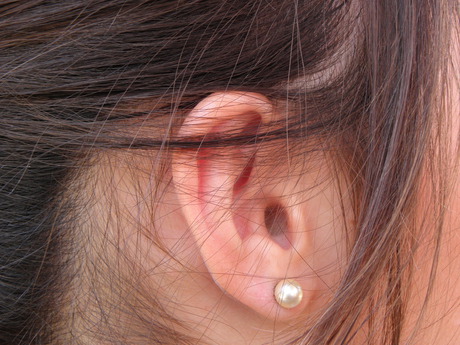Graeme Clark wins Russ Prize for cochlear implant

University of Melbourne professor Graeme Clark has become the first Australian to win the US Russ Prize for his pioneering role in inventing the multichannel cochlear implant.
Clark, Austria’s Ingeborg and Erwin Hochmair, and Michael Merzenich and Blake Wilson from the US have been jointly recognised for developing the multichannel cochlear implant.
Clark commenced cochlear implant research at the University of Sydney in 1967. In the late 1970s, he helped co-develop prostheses that route different sounds to different parts of the cochlear using multiple electrodes.
During his career, Clark also helped found market leader Cochlear Limited (ASX:COH). He is currently honorary professor of electrical engineering in the Melbourne School of Engineering and a lead researcher at the University of Melbourne’s Centre for Neural Engineering.
Professor Iven Mareels, Dean of the Melbourne School of Engineering, said Clark has helped bring speech understanding to severely and profoundly deaf adults and children.
“His work has inspired a whole generation of engineers to work in the development of new technologies to improve health,” Mareels said.
The winning team will share in a US$500,000 ($619,000) award. The biennial Russ Prize has been operating since 1999.
A scientist, a cooler and a long-haul flight in the fight against MND
Early in January 2026, neuroscientist Dr Rachael Dunlop boarded a flight from Sydney to the US...
Mini lung organoids could help test new treatments
Scientists have developed a simple method for automated the manufacturing of lung organoids...
Clogged 'drains' in the brain an early sign of Alzheimer’s
'Drains' in the brain, responsible for clearing toxic waste in the organ, tend to get...



